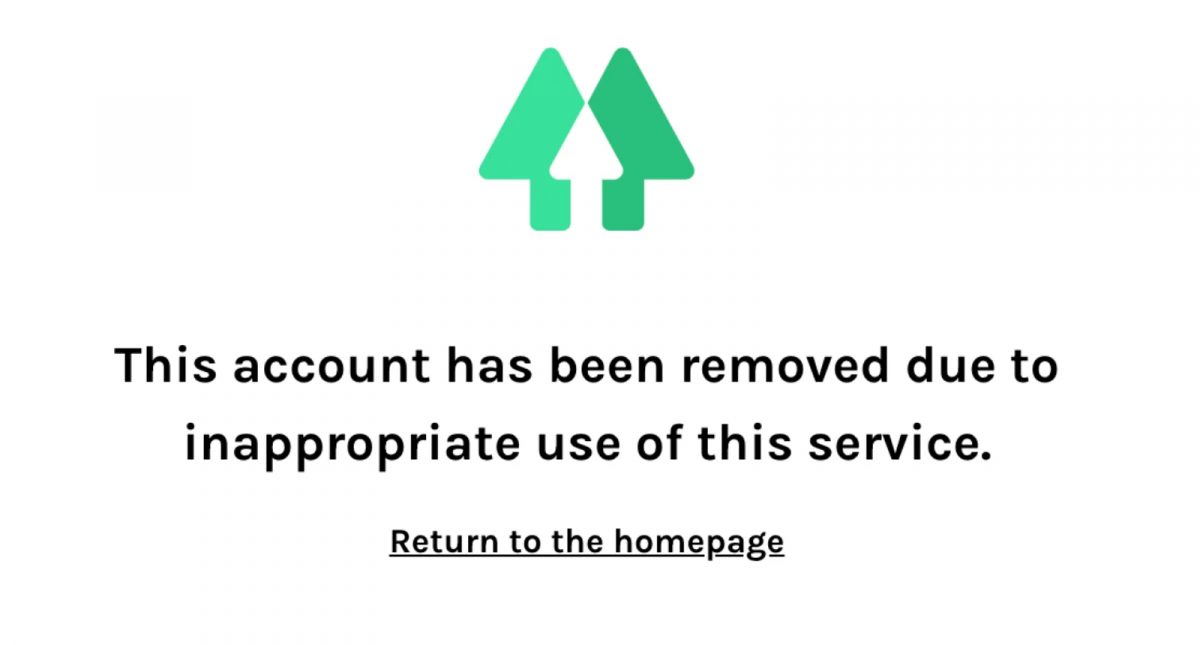The de-platforming of sex workers continues, causing major financial and emotional suffering for those involved.

Last month and without warning, Linktree put a global ban on sex workers using the platform in the name of NSFW** content. Since then, the platform has defended its decision, claiming it was a choice to protect its legal vulnerability as a company and the safety of its users. Meanwhile, sex workers are being discriminated against and are suffering financial hardship as a result. Industry workers have responded by taking to the tech company and social media to voice their confusion and concern over the action.
The Ban

Despite being an Australian developed company, the popular social media linking service is abiding by U.S. laws against sex work by disallowing links that facilitate in-person sexual services- an aspect of sex work that remains illegal under most U.S. law.
“One of the primary issues is that we have a very big U.S. audience. And there is legislation there that makes us very vulnerable to incidents of having users advertise an exchange of money for real life sexual services.”
Head of Trust & Safety at Linktree, Marlene Bonnelly
Instead of working with specific country law and culture, Linktree has is, instead, taking a worldwide blanket approach. This is resulting in a banning of the service in countries where sex work is legal. This presents as puzzling and problematic for workers in Australia, where the profession is legal across the country.

Up until now, Linktree has provided workers with a one-stop layout for their links and advertisements, making it easy for potential clients to find them. However, following the ban, sex workers will now find it harder to gain and sustain a steady stream of clientele- an effort already hard enough as a result of COVID.
“It does fuck with my connectivity,” said Lillith. “All the pages where I’ve put a Linktree are just not going to go anywhere. It’s going to make me harder to find. So I’ve lost all the traffic that was there.”
Australian sex worker, Sai Jaiden Lillith
The Safety of Sex Workers
Linktree’s effort, like other social giants, to create a safer platform for users has only impacted the safety of sex workers. “Since..the passage of FOSTA-SESTA**… Workers across the globe, including in Australia, have been losing access to our digital assets, our digital accounts, our digital citizenship, and a lot of the tools that we use to stay safe at work” per Gala Vanting, National Programs Manager of Scarlet Alliance. Australian sex worker, Penny Black explains further, “if you take away our ways to earn an income and talk to each other, you make our work less safe”.

The Need to Detach from Other Countries
As long as social media companies continue to tie themselves to U.S. laws, the ban on Australian workers will endure. Across Australia, sex work organisations are busy advocating. This is for multinational tech companies to operate in alignment with the local laws and culture to avoid this issue. Per Gal Vanting of the Scarlet Alliance, “You can’t have a one-size fits all approach to sex work, because each country handles it differently. In Australia, it’s a legal profession.”
Unfortunately, Linktree is unlikely to waver in its decision which only adds to the wide-ranging issues sex workers are faced with in Australia and around the world.
**
FOSTA- Fight Online Sex Trafficking Act
SESTA- Stop Enabling Sex Traffickers Act
NSFW- Not safe for work
Subscribe to FIB’s Weekly Alchemy Report for your weekly dose of music, fashion and pop culture news!






